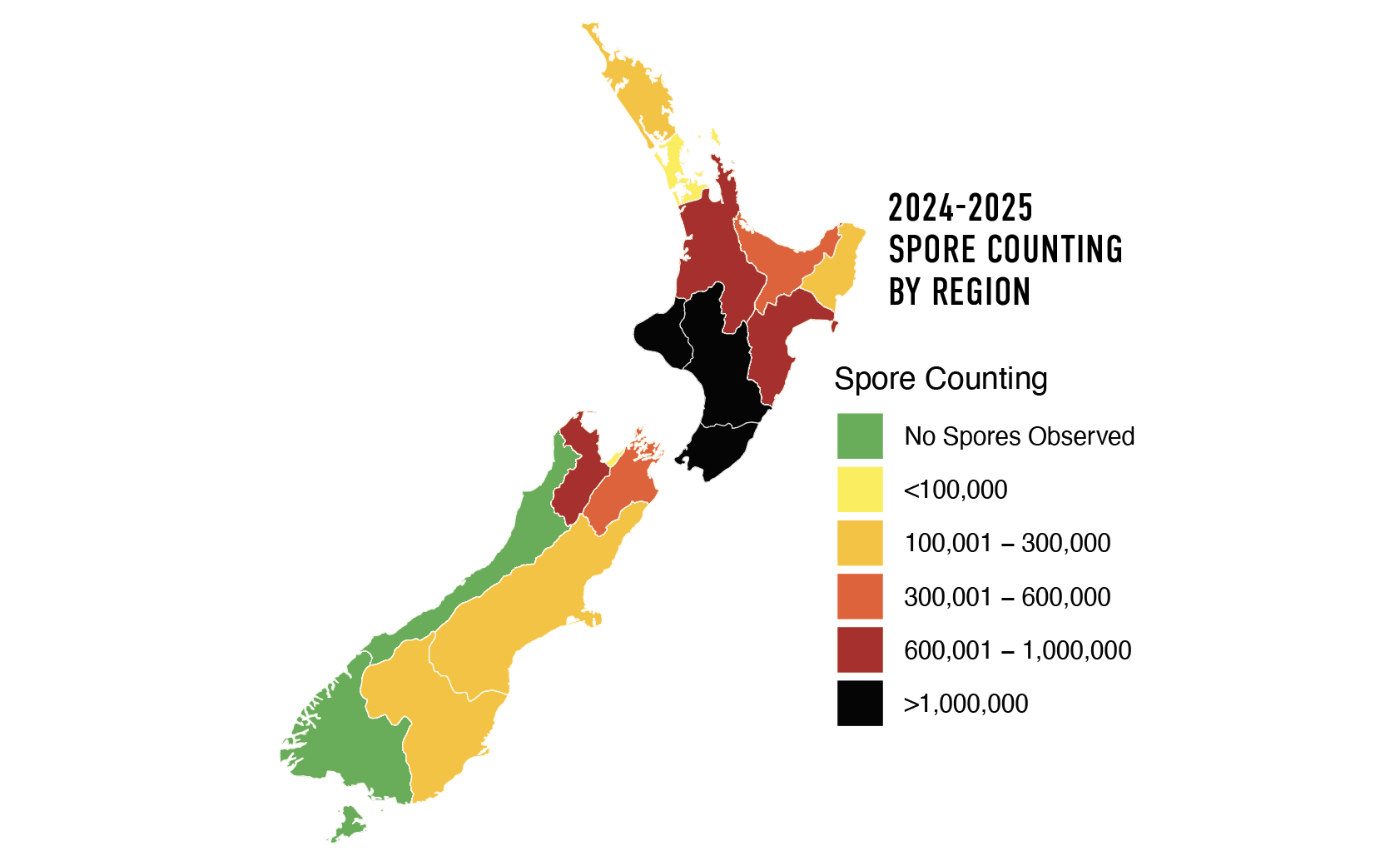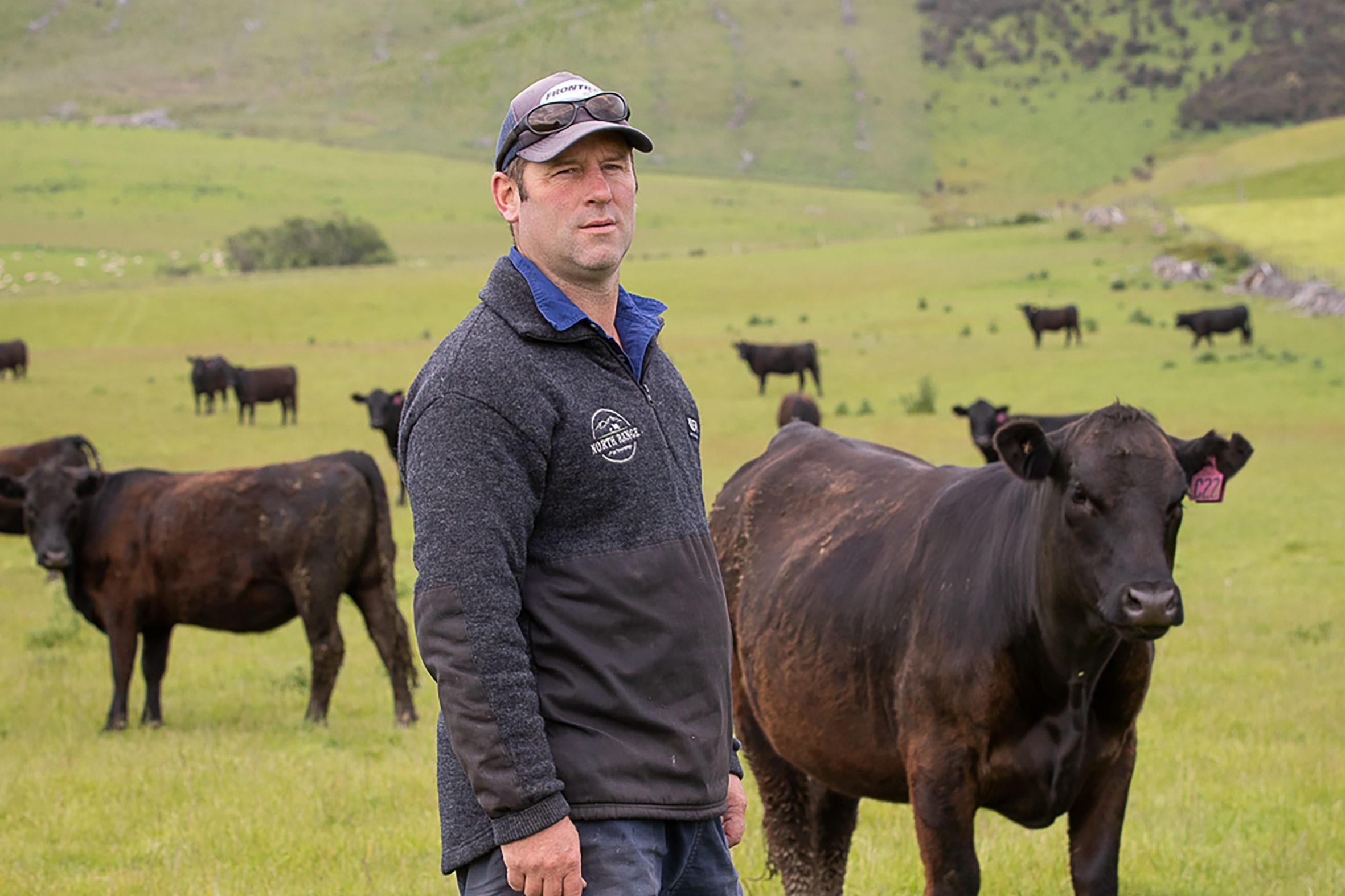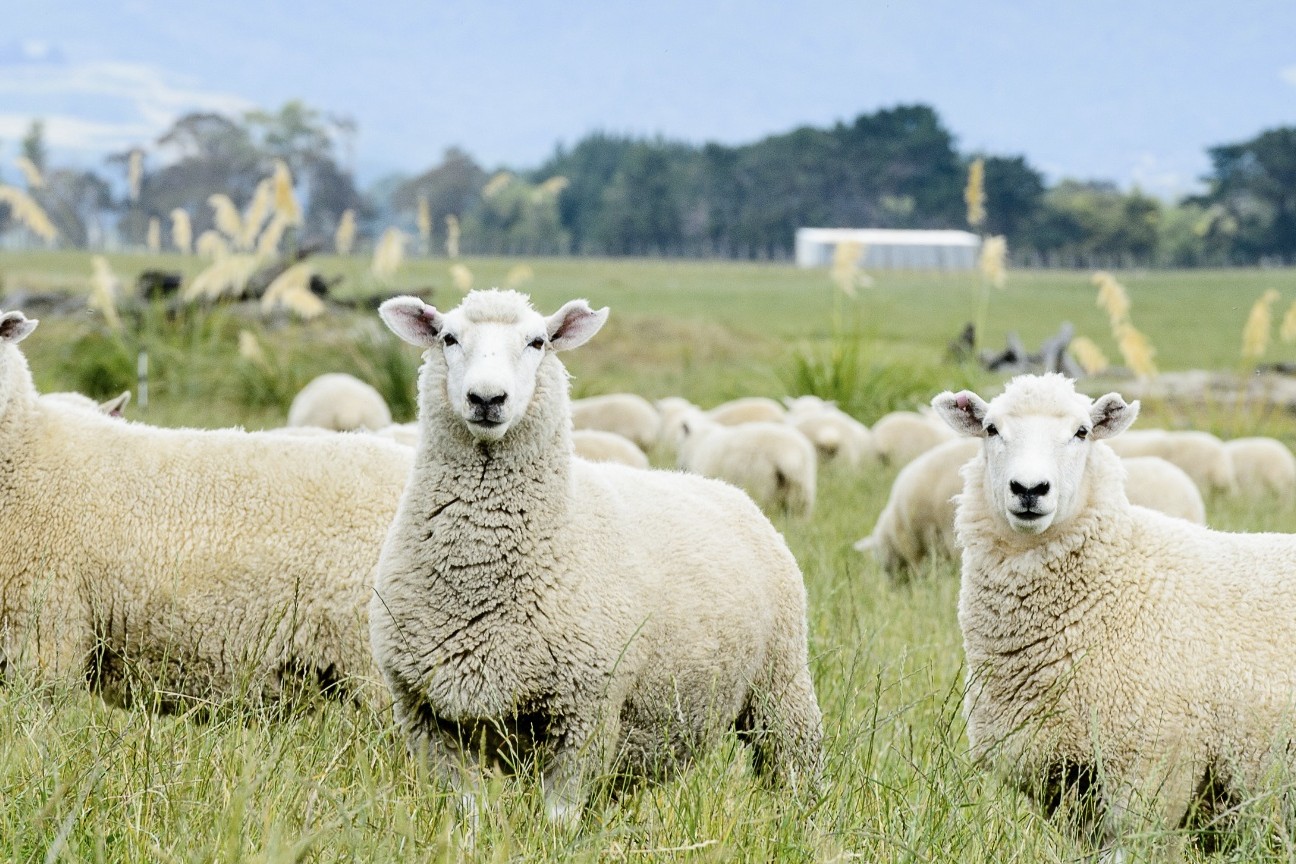Farmers drive progress in facial eczema research
Since 2023, over 300 farms across 16 regions have collected faecal samples from October to May as part of the Sheep Poo Study now entering its final season. Words Sandra Taylor

Affecting sheep, beef, dairy, llama, alpaca and deer, facial eczema costs the industry an estimated $332 million annually. Beef + Lamb New Zealand’s Eliminating Facial Eczema Impacts (EFEI) programme brings together farmers, researchers, and sector partners to develop practical, science-backed solutions.
The programme is closing off its second year in a seven-year journey to reduce the devastating impact of facial eczema (FE) across New Zealand’s livestock sector.
These samples help track FE fungal spore counts and contribute to a national spore risk map – now a valuable tool for farmers to manage seasonal FE threats. Last season’s results again showed spores as far south as Otago and that the risk was still present by the end of May, reinforcing the shifting nature of risk.
“The presence of spores is a clear warning,” says Dr Suzi Keeling, Head of Science and Research at B+LNZ. “Climate patterns are changing, and the risk of FE is increasing in areas where it hasn’t been an issue before. Farmers need accurate, localised tools to manage that risk proactively.”
Beyond spore tracking, farmer input has been essential. Since the start of season 2, over 3,000 spore count results have been submitted. Thirty-two farms are providing more detailed insights and more than 7,300 hours of farmer time have helped fuel the programme.
Two surveys run this year have also provided valuable information on the real effects FE has on farms. The Financial and Social Impacts of FE surveys gathered data from farmers across New Zealand and all livestock sectors. These surveys helped capture the wider effects of FE, not just on stock performance but also on wellbeing, decision-making and farm dynamics.
“Facial eczema is a challenging disease to identify early and manage,” says Suzi. “It affects the animals, but it also impacts their caretakers, leading to wider consequences for the whole farm system.”
A major research breakthrough has confirmed the toxin-producing species of fungus linked to FE as Pseudopithomyces toxicarius. This finding helps refine diagnostic tools and risk assessments, while continuing to support the value of spore counting on farms.
To keep farmers informed, B+LNZ produced the EFEI podcast series where each episode shares updates about FE and the EFEI programme as well as giving farmers easy access to information, grounded in science, and packed with practical insights.
For more information or to join the Sheep Poo Study, visit beeflambnz.com/efei



